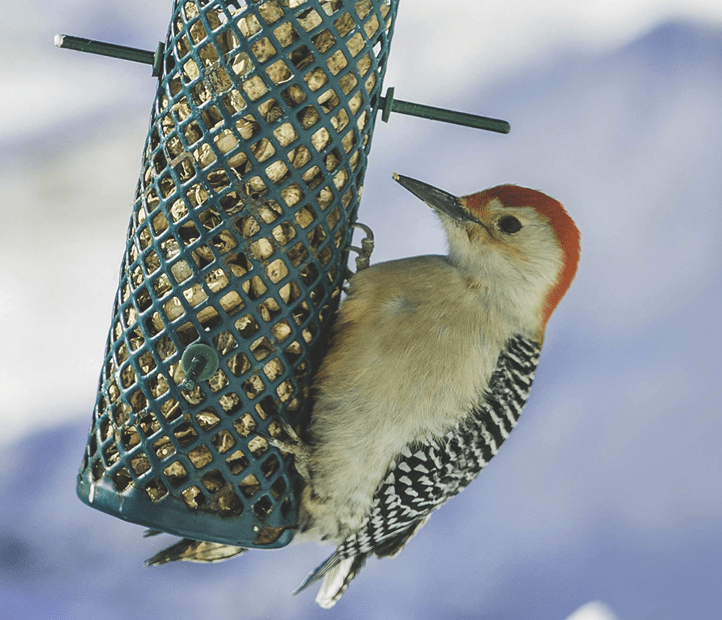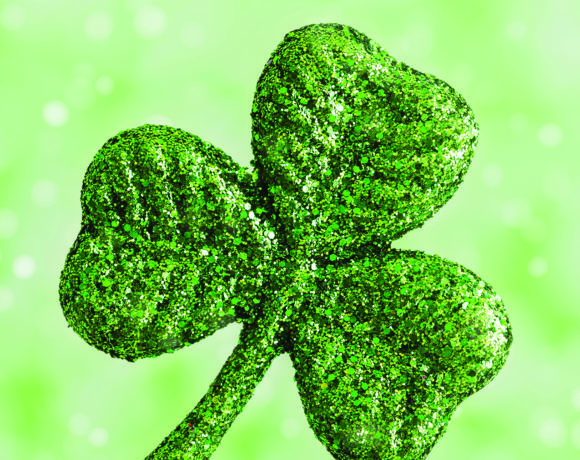The pristine, white backdrop of a snowy winter day can be a wonder to behold. While fresh snow on the ground can make for awe-inspiring landscapes, the absence of greenery amid the starkness of winter poses challenges for animals that do not ride out winter in a state of hibernation.
Several bird species stay in colder climates over the winter. Red-winged crossbills, snow buntings, bohemian waxwings, evening grosbeaks, and cardinals are just some of the birds one may find while gazing outside on a chilly winter’s day. Birding in the winter can be a rewarding hobby because, despite the chilly conditions, birds tend to be easy to find in bare trees. Furthermore, the colder temperatures may keep many people inside, meaning neighborhoods, trails and parks can be very quiet, making it easier for those who brave the cold to see birds.
The Royal Society for the Protection of Birds indicates that winter is a difficult time of year for birds due to the weather and the scarcity of food. Furthermore, birds must consume a lot of food in a short amount of time to have the energy and body warmth to survive each day. Even birds that store food in caches or have developed special scavenging strategies to find as much food as possible can benefit from a little wintertime help. Penn State Extension suggests providing a variety of foods to attract the greatest number of species. Small, black-oil sunflower seeds are preferred by many smaller species of bird and have a high oil content that is nutritionally important for birds. Other sunflower seeds will be appropriate for blue jays and cardinals. Some other popular foods include white proso millet, thistle seed, niger seed, and peanuts.
Consult a wild bird store, which likely sells a birdseed mix that enables you to place a variety of seed into one feeder. In addition to seed, suet, which is made from high-quality animal fat, is crucial for birds in the winter. Families can get crafty by spreading peanut butter onto pine cones and sprinkling seed on top. Hang the pine cones tied to pieces of string from tree branches for homemade feeders.
Birds likely need a little help surviving the winter, when conditions can be bleak. Offering food and observing backyard visitors can be a great way to unwind on winter afternoons.








Recent Comments